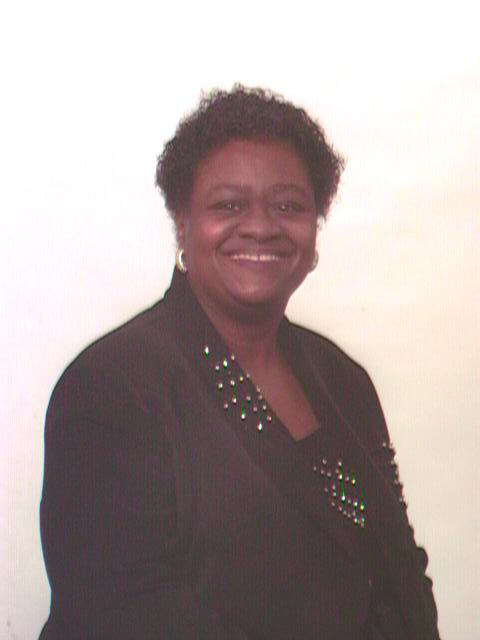|
As time wore on, pressures of life in the post-Civil War South began to mount on John Whattel. The Matthews estate was in debt. John Whattel struggled to maintain the land that he loved, where he grew up and had fond memories of times with his grandfather. As the pressures mounted, John Whattel grew bitter, resenting the challenges he faced. He sought solace in liquor and when he drank, was prone to release his frustrations by verbally abusing those he loved most, including James.
James was very concerned about John Whattel and did all he could to help him. By this time John Whattel had married. When his wife could not handle him in his drunken stupor, she would send for James to assist her with handling him. Over time this began to put a strain on the relationship between the two men who had been friends since childhood. John Whattel kept looking back to the carefree days of his childhood when he played on the plantation and went fishing and hunting with his grandfather. Then he spoke bitterly of the war that took away the man in whom he thought the “sun rose and set”. In his distorted drunken state he began to see James not as the one he loved like a brother, but as the reason his grandfather was dead. His grandfather had died defending his way of life. That meant defending slavery. John Whattel drunkenly reasoned if there had been no war over slavery, Samuel Matthews would be alive. James’ freedom meant the death of his grandfather.
One day, John Whattel started drinking earlier than usual and began his rant about his grandfather. His wife sent for James. Before James arrived, John Whattel ran out of the house and made his way to his grandfather’s grave. That is where James found him reeling from liquor and blaming his plight on the world.
When James confronted him, John Whattel through a punch and knocked James down. Although James loved John Whattel, he had had enough of his drunken rages and a fight ensued. James whipped John Whattel sober, and in the process, pinned him to the ground and shouted in his face, “I am NOT your PROBLEM!” James told John Whattel that although Samuel Matthews had been kind to him and his family as slaves, it was not right that men own each other. All men have the right to freedom and the benefits of a nation that was founded on liberty. Samuel Matthews was a good and kind man, but had died defending the wrong cause. Neither James nor any other free person of color could be blamed for Samuel Matthews’ death.
The whipping that John Whattel received at the hands of James brought him back to reality. He crawled to his grandfather’s grave and wept over it, remembering with fondness and love and also missing the man in whom for him the “sun rose and set”. From the time he had seen Samuel Matthews’dead body brought back on a horse, John Whattel had never shed a tear. He had held his grief within and that grief, combined with the frustrations of dealing with the challenges of post-Civil War life brought him to a breaking point. Now as he wept, the pressures and grief were both released as James stood by, understanding and loving the man who was as his brother.
When John Whattel got up, he looked at James. No words were said. None were needed. He just grabbed and held on to his friend and brother whose life he had once saved, knowing that now the favor had indeed been returned. The two men left the grave, John Whattel leaning on James. With the help of his wife and James, John Whattel would face his challenges with the courage of the type of man his grandfather would have wanted him to be.
|

